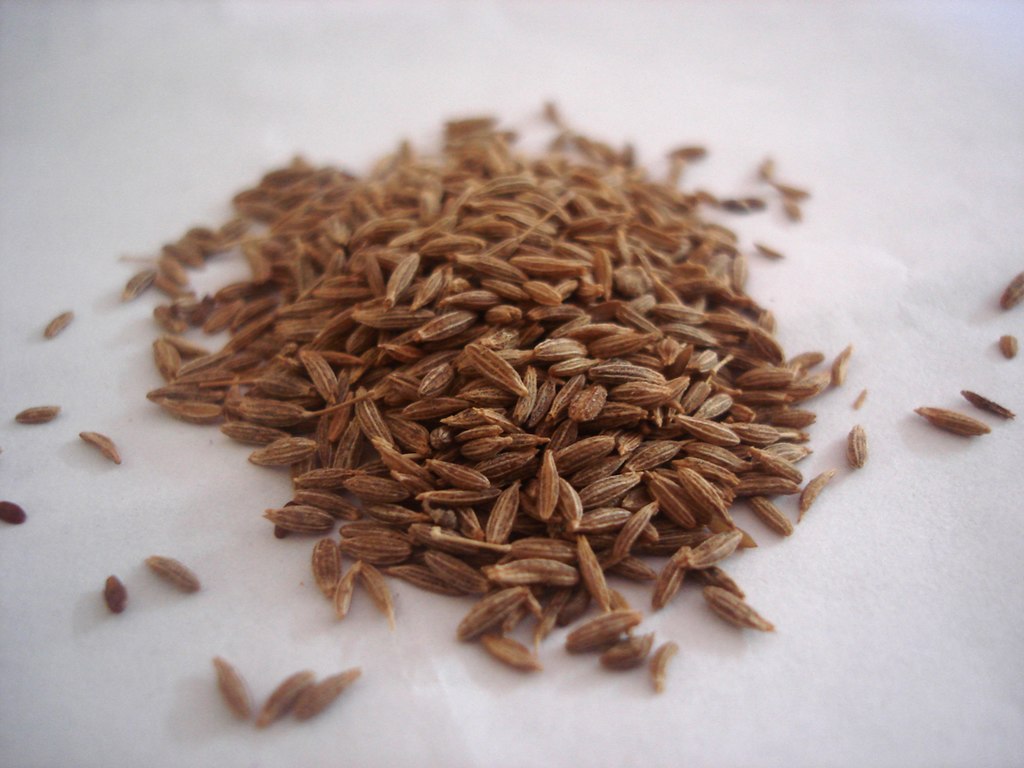In Ayurveda, jeera or cumin seeds are considered to have a heating and digestive effect on the body. Jeera is believed to balance the three doshas (Vata, Pitta, and Kapha) and has a specific affinity for the digestive system.
Jeera is commonly used in Ayurveda to stimulate the digestive fire (agni) and improve digestion. It is believed to enhance the absorption and assimilation of nutrients from food and also helps to remove toxins from the body. Jeera is also said to have a calming effect on the mind and can help to reduce anxiety and stress.
In Ayurveda, jeera is often used in combination with other herbs and spices to create medicinal formulations known as churnas or powders. Jeera is also commonly used in cooking to add flavor and aid digestion.
Overall, jeera is considered to be a valuable Ayurvedic herb that can support healthy digestion and overall wellness when used appropriately.
Jeera, also known as cumin in English, is a commonly used spice in Indian cuisine. Here are some of the different names for jeera in Indian languages:
- Hindi: Jeera
- Bengali: Jeera or Jira
- Gujarati: Jeeru
- Marathi: Jeere or Jire
- Tamil: Jeeragam
- Telugu: Jeelakarra
- Kannada: Jeerige
- Malayalam: Jeerakam
- Punjabi: Jeera
- Urdu: Zeera
Note: The spelling and pronunciation of jeera may vary slightly depending on the region or dialect.
